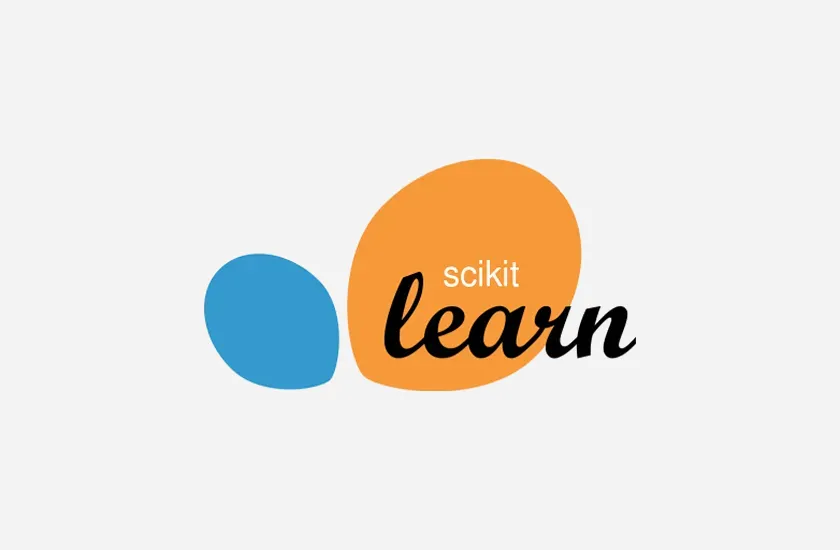Scikit-learn (Clustering)

Integrations
- NumPy
- SciPy
- pandas
- Joblib
- CuPy
Pricing Details
- Distributed under the BSD 3-Clause License.
- No licensing fees for commercial or academic use.
Features
- Unified fit/predict API
- Cython-optimized computational kernels
- Array API Standard support for GPU backends
- Support for sparse matrix input (CSR/CSC)
- In-situ data processing via NumPy views
Description
Scikit-learn Clustering: Unsupervised Learning & Matrix Computation Review
The Scikit-learn clustering module operates as a core component of the Python scientific stack, utilizing a consistent interface for fitting and predicting clusters across diverse algorithmic paradigms. The implementation increasingly relies on the Array API Standard as of 2026, allowing the library to utilize GPU-accelerated backends such as CuPy or PyTorch without significant codebase modification 📑. While this mitigates CPU-bound bottlenecks, the Global Interpreter Lock (GIL) remains a constraint for certain high-level orchestration tasks 🧠.
Algorithmic Orchestration Layer
The module abstracts mathematical complexity into a standardized API. Internal logic for performance-critical components is implemented in Cython to minimize Python overhead 📑.
- Scalable Customer Segmentation: Input: Dense feature matrix → Process: MiniBatchKMeans centroid optimization via Cython kernels → Output: Discrete cluster labels with reduced memory footprint 📑.
- Spatial Anomaly Detection: Input: Latitude/Longitude coordinate set → Process: DBSCAN epsilon-neighborhood density connectivity analysis → Output: Geographical cluster assignments and identified noise points 📑.
⠠⠉⠗⠑⠁⠞⠑⠙⠀⠃⠽⠀⠠⠁⠊⠞⠕⠉⠕⠗⠑⠲⠉⠕⠍
Data Persistence and Workflow Integration
Data handling is designed for in-memory processing, leveraging a managed persistence layer via NumPy or Array API-compliant structures 🧠. The library utilizes zero-copy mechanisms to maintain memory efficiency during feature transformation stages 📑.
- Pipeline Integration: Estimators are fully composable with preprocessing stages (e.g., StandardScaler) 📑.
- Distributed Computing: While compatible with Joblib for multi-processing, native multi-node distributed-memory execution is not implemented within the core library 📑.
- Differential Privacy: Native privacy-preserving clustering layers remain outside the standard distribution; integration requires external frameworks 🌑.
Evaluation Guidance
Technical evaluators should validate the following architectural characteristics before production deployment:
- Memory Consumption Limits: Benchmark memory overhead for AgglomerativeClustering on datasets exceeding 50,000 samples to assess O(n²) complexity risks 🌑.
- Thread-Safety in Concurrency: Validate the stability of specific Cython-based solvers when executing within high-concurrency multi-threaded Python environments 🧠.
- High-Dimensional Throughput: Benchmark performance gains when utilizing sparse matrix (CSR/CSC) inputs versus dense representations for sparse feature sets 📑.
- Array API Compatibility: Verify backend interoperability (e.g., PyTorch/CuPy) for specific algorithms when GPU-acceleration is required for low-latency inference 📑.
Release History
Memory optimization for Hierarchical clustering. New validation metrics based on Silhouette score variations.
Total API refactoring. Deprecated old parameters. Unified fit/predict/transform logic.
Added OPTICS and Birch. Better handling of varying densities and hierarchical structures.
Introduced KMeans++ initialization. Significant boost in convergence speed and quality.
Initial suite: K-Means, MiniBatchKMeans, DBSCAN, and Spectral Clustering.
Tool Pros and Cons
Pros
- Versatile algorithms
- Well-documented
- Efficient grouping
- Easy integration
- Wide applications
Cons
- Complex tuning
- Resource intensive
- Requires ML expertise